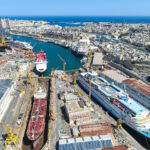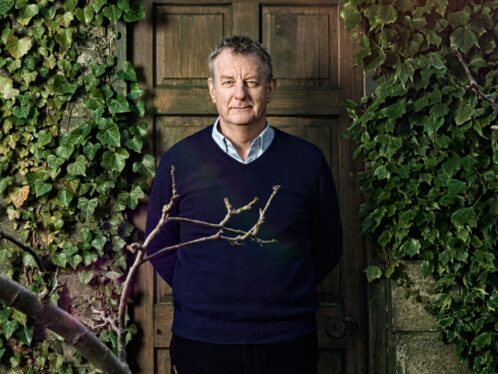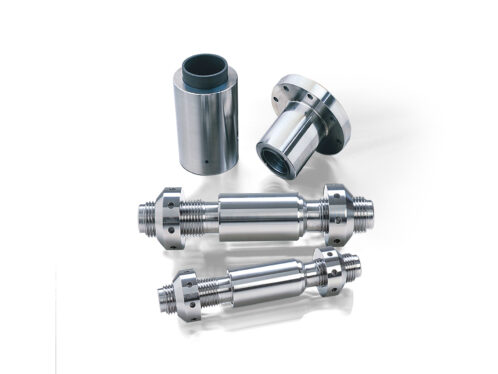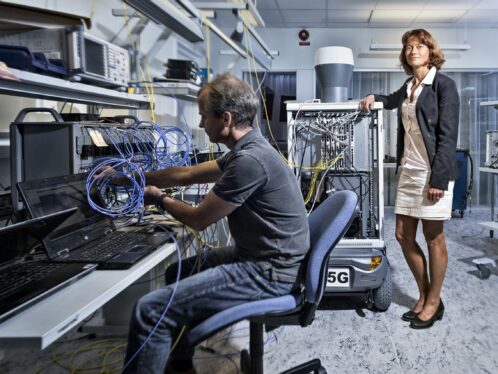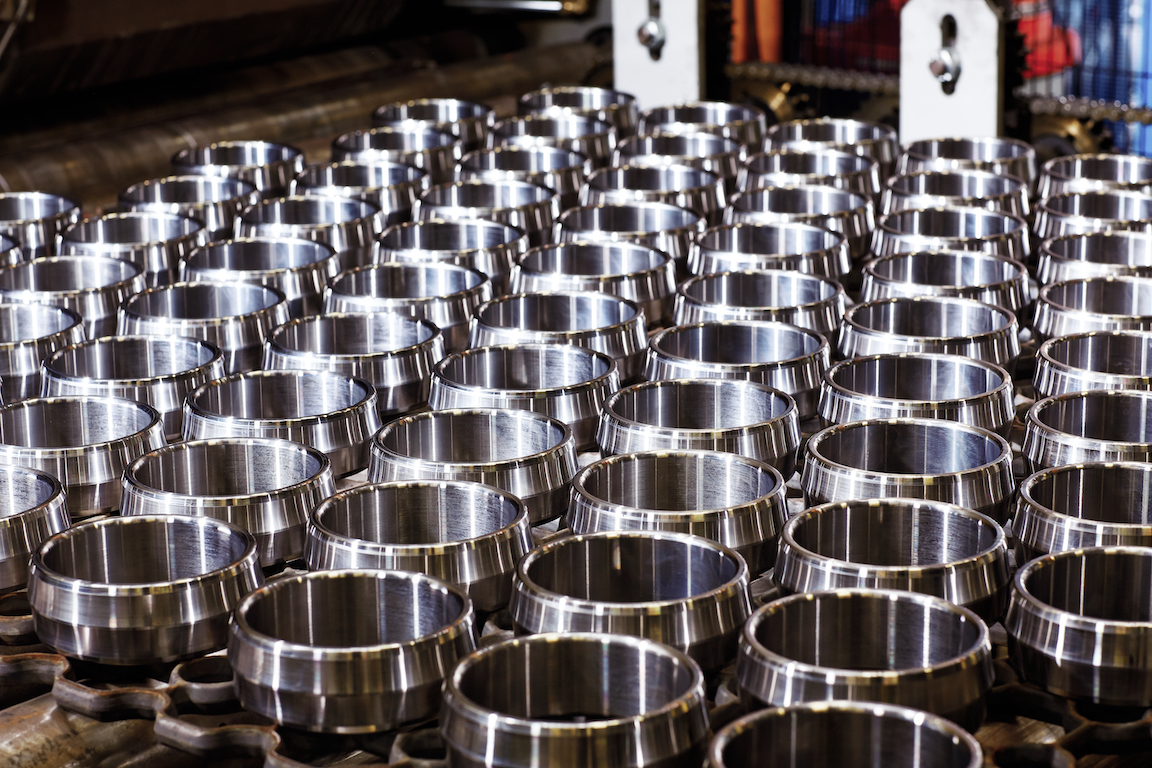
High hope
Ever since Björn Söderberg first set foot in Nepal at the age of 19, he has devoted his life to improving the economic conditions for the people there, through companies that combine profit and sustainable development.
It’s been a bit more than a decade since Björn Söderberg decided it was time to leave the familiar world of his small hometown in Sweden. His decision to do volunteer work in Kathmandu, Nepal, would change his life. “The family I was assigned to stay with turned out to be an orphanage by the dirty and contaminated Bagmati River,” says Söderberg, now 31. “I had thought that leaving my computer behind was the hardest part, but I realized right away that the real challenge was to survive without clean water.” From the rooftop of the orphanage overlooking Kathmandu, Söderberg found it hard to watch a pattern get repeated day after day. “Every morning the same women waded through the dirty river to wash their clothes, and every evening the children tried to keep warm by gathering around fires fuelled by rubbish found along the riverbed,” he recalls. “I realized that this was the future that my new family faced. I had a choice: I could book a return ticket to an easy life back home, or I could do something about what was happening here.” Söderberg needed a business idea that could generate jobs and get rid of at least some of the litter. With no money, and with Christmas coming up, the solution was holiday cards. He found a Swedish buyer. The next step was to develop a simple method to recycle paper and print and deliver 3,000 cards. His solution worked; within a month he had built Watabaran, a company housed under four bamboo poles and a tin roof. “This is how, at the age of 19, I became a boss,” he says with a big smile. Being a boss carried responsibilities. The company had eight employees, and hardly any of them could read or write. “Employing a teacher turned out to be the most profitable investment I ever made,” Söderberg says. “A year later I was running a completely different company, where everybody shared the same view and goal for the business. I realized this was how a profitable business should be built.” In 2005, Söderberg set up the Nepalese IT company Web Search, which performs programming services and builds websites for Swedish customers. The combination of education and work opportunities was the backbone of the business. “Nepal needs jobs for people with high qualifications,” he says. “Many people with ambition and education leave the country.” Söderberg’s energy is contagious. He’s a popular speaker in Sweden as well as a great coach for young people in Nepal. Those who lack the means to pay for their education can apply for a scholarship at Web Search. Half of their time is reserved for university studies, and the other half is dedicated to working as paid trainees at the company. The price the students pay is to stay and work for the company for four years after their exams. Today, this is a thriving business with 30 employees. The next step is to encourage some of these employees to create spin-off companies. “If I stay as CEO, this can never be bigger than me,” Söderberg says. “With this solution, I will go from boss to customer, and they can grow by finding more and new customers locally and in other countries.” The paper recycling company has since become the briquette company Shuba Briquettes Pvt Ltd. “I wanted to build something that makes a difference locally,” Söderberg says. “There is a fuel crisis in Nepal, which has led to rainforest devastation. This in turn creates disastrous landslides during the rainy season. Making briquettes is a way to produce an effective fuel that’s even cheaper than firewood.” Söderberg’s parent company, Fair Enterprise, employs 60 people and generates jobs for 40 more. Fair Enterprise is starting its first Nepalese childcare centre this year. Söderberg is co-winner (with Michael Biddle of MBA Polymers) of the 2012 Gothenburg Award for Sustainable Development. He plans to use his share of the 1 million Swedish kronor (120,000 euro) prize to tackle a water-supply issue. “Climate changes are causing the ice in the Himalayas to melt, which interferes with the water supply in the valleys,” he says. “Areas where the farmers used to get three rice crops per year now only get two, and, in the worst cases, only one harvest.” Söderberg has a vision for a solution: a water pump driven by the force of the river at the bottom of the valley and used to irrigate cultivated terraces on the valley’s slopes. With characteristic confidence, he says he is sure he will find a solution that works and that can eventually be run and owned by the local farmers.


